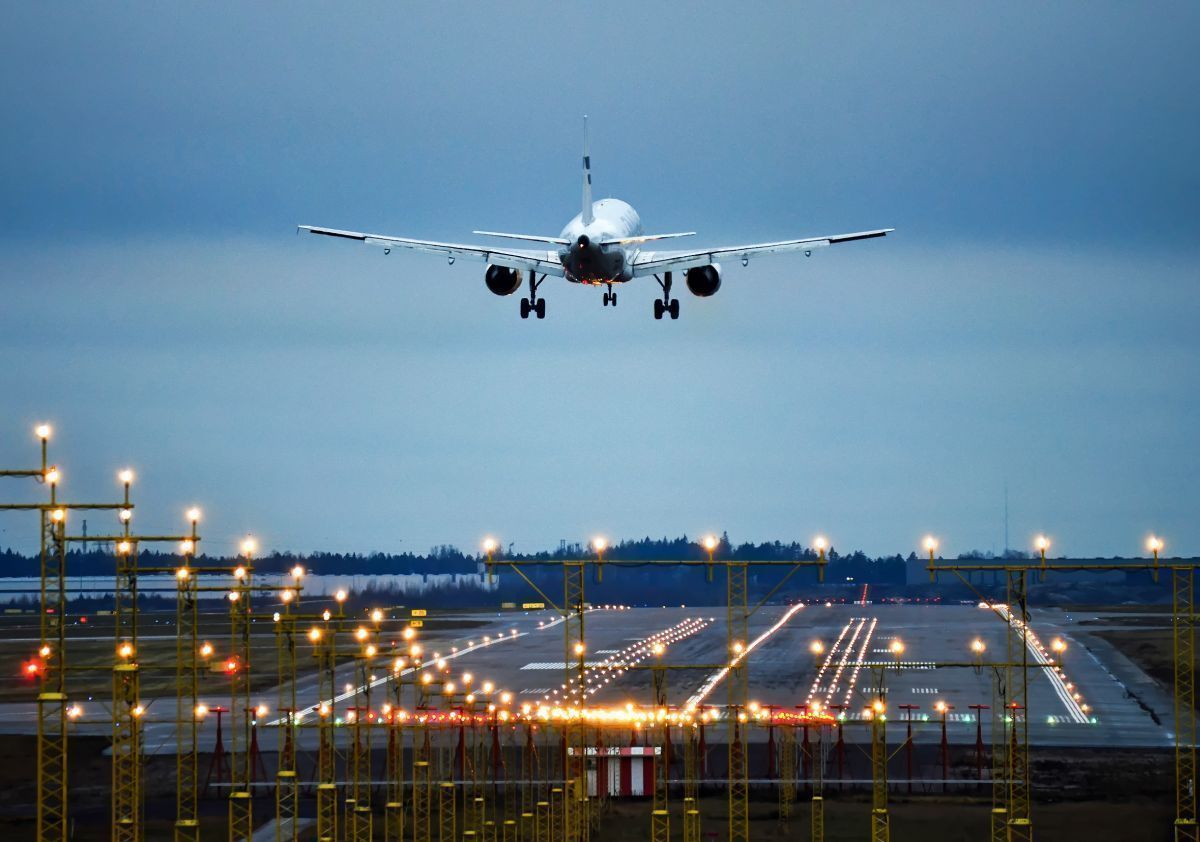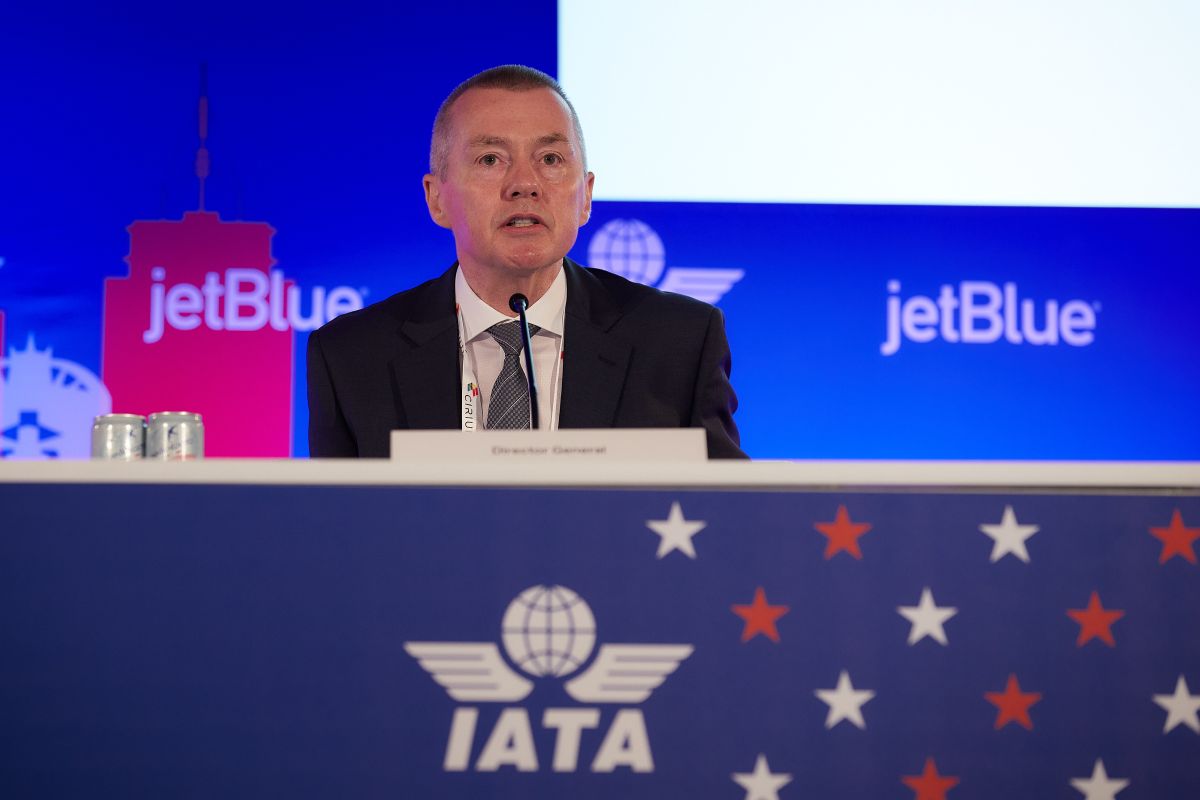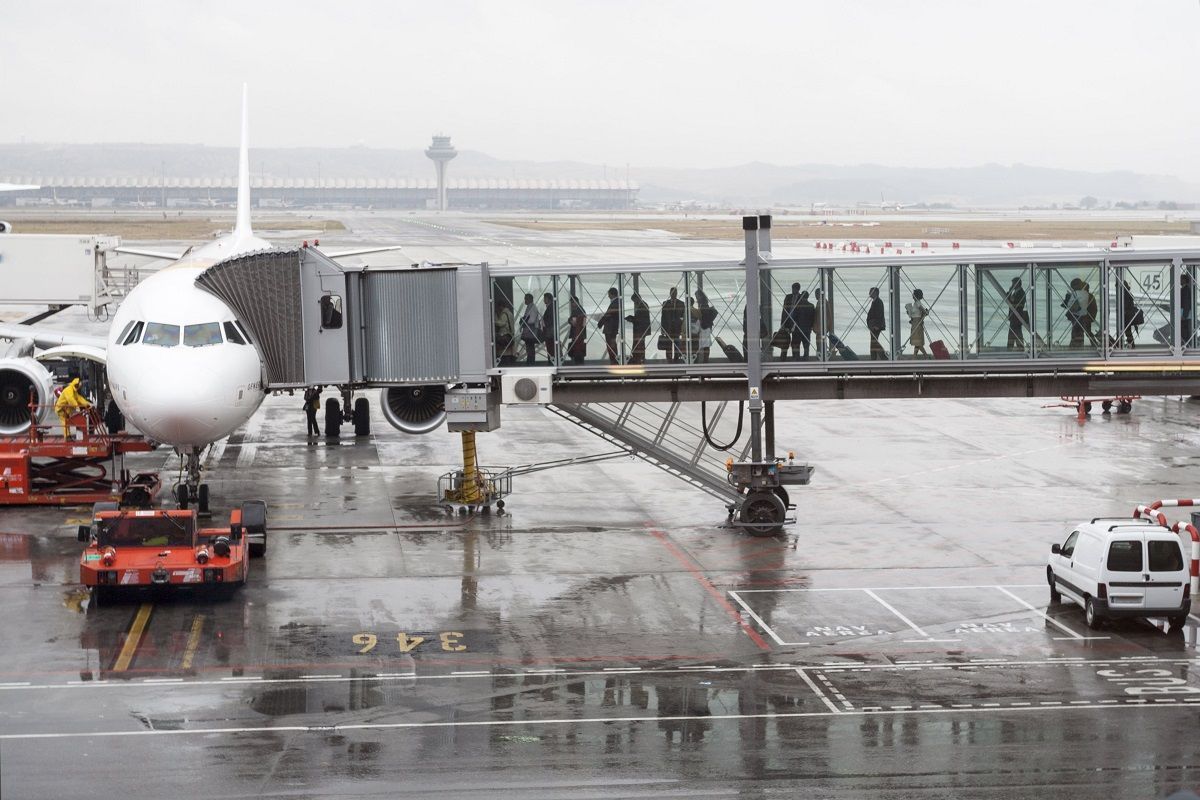IATA: Airline Losses Reduce but Covid Challenges Continue
Net industry losses of airlines are expected to reduce to $11.6 billion in 2022 after a $51.8 billion loss in 2021, the International Air Transport Association (IATA) announced on Monday.
Presenting its latest outlook for airline industry financial performance during its 77th Annual General Meeting in Boston, IATA said its projection for net industry losses this year worsened from the $47.7 billion loss estimated in April.
IATA also revised net 2020 loss to $137.7 billion from $126.4 billion.
“The magnitude of the COVID-19 crisis for airlines is enormous. Over the 2020-2022 period total losses could top $200 billion,” said Willie Walsh, IATA’s Director General, adding that to survive airlines have dramatically cut costs and adapted their business to whatever opportunities were available.
“We are well past the deepest point of the crisis. While serious issues remain, the path to recovery is coming into view. Aviation is demonstrating its resilience yet again,” Walsh said.
With regard to regional performance, IATA said all regions will see airlines improve their collective financial performance compared to 2020.
However, North American carriers are expected to outperform other regions on the back of fast recovery of the US domestic market.
“The US industry started to turn cash-positive in the second quarter of 2021 and will be the only region in positive financial territory in 2022 with an expected $9.9 billion profit,” IATA said.
Moreover, IATA said that the opening of the US market to vaccinated travelers from November 2021 will progress the recovery to international markets. With regard to European carriers, IATA said they will see their losses cut from $20.9 billion in 2021 to $9.2 billion in 2022.
With regard to European carriers, IATA said they will see their losses cut from $20.9 billion in 2021 to $9.2 billion in 2022.
“Shifting rules and confused application of EC recommendations across Europe compromised the expected positive impact of rising vaccination rates and establishment of the EU Digital COVID Certificate,” the association said.
According to IATA, better coordination between Europe’s governments is expected to see a broader opening of international markets in the months ahead, boosted significantly by the re-establishment of transatlantic travel for vaccinated travelers. “Long-haul demand, however, will significantly lag behind the recovery in intra-European travel.”
Demand for air travel
Overall, IATA said international demand for air travel will be the slowest to recover owing to continuing restrictions on the freedom of movement across borders, quarantine measures and traveler uncertainty.
According to the data, international demand in 2021 and 2022 is expected to reach 22 percent and 44 percent of pre-crisis (2019) levels respectively.
On the other hand, domestic demand, with fewer restrictions in most countries, is driving the recovery.
IATA sees domestic demand in 2021 and 2022 reaching 73 percent and 93 percent of pre-crisis (2019) levels respectively.
2022 to see airline passengers grow to 3.4 billion
Moreover, the data points to total passenger numbers in 2021 reaching 2.3 billion. The number is expected to grow to 3.4 billion in 2022 which is similar to 2014 levels and significantly below the 4.5 billion travelers of 2019.
“People have not lost their desire to travel as we see in solid domestic market resilience. But they are being held back from international travel by restrictions, uncertainty and complexity,” IATA’s director general said, adding that vaccinated people should not have their freedom of movement limited in any way.
In fact, the freedom to travel is a good incentive for more people to be vaccinated. Governments must work together and do everything in their power to ensure that vaccines are available to anybody who wants them,” said Walsh.
According to IATA, re-establishing global connectivity, the 11.3 million jobs (pre-COVID-19) in the aviation industry, and the $3.5 trillion of GDP associated with travel and tourism should be priorities for governments.
“Aviation is resilient and resourceful, but the scale of this crisis needs solutions that only governments can provide,” Walsh said.
Among other things, he said that wage support measures to retain critical skills may be necessary for some airlines until governments enable international travel at scale.
Also needed into 2022 will be regulatory alleviations such as continued slot wavers while international traffic recovers, Walsh added.







